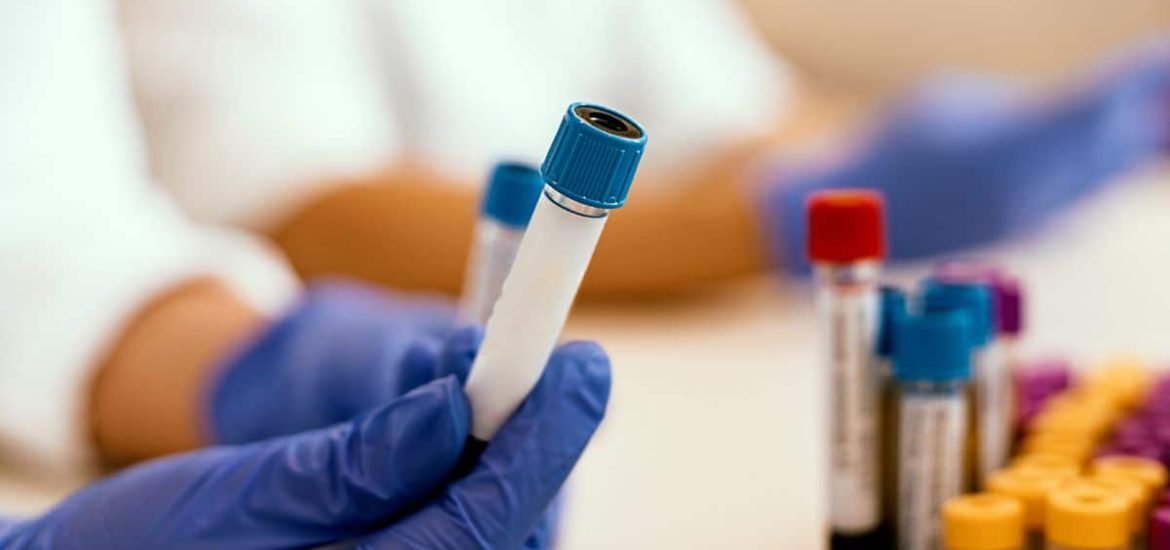
A research group in the Netherlands claims to have developed an antibody that can block the coronavirus infection (COVID-19). In a new paper published on 4 May in Nature Communications, the authors report a fully human monoclonal antibody that prevents the new coronavirus (SARS-CoV-2) virus from infecting cultured cells (1).
The novel coronavirus that emerged in China in late 2019 has led to a global pandemic that has caused nearly 400 million infections and more than 150,000 deaths. This is the first report of a so-called neutralising monoclonal antibody against SARS-CoV-2. Monoclonal antibodies are proteins created in the lab that resemble naturally-occurring antibodies of the immune system. The authors say the antibody may offer the potential for prevention and treatment of COVID-19. So far, the effects have only been demonstrated on cells in the lab.
The new research builds upon previous work done by the group on developing antibodies targeting SARS-CoV that emerged in 2003. The team of researchers from Utrecht University, Erasmus Medical Center, and the global biopharmaceutical company, Harbour BioMed (HBM) claim the new discovery represents an initial step towards developing an antibody to treat or prevent the respiratory disease COVID-19 caused by SARS-CoV-2.
Dr Berend-Jan Bosch, co-author and associate professor at Utrecht University explained: “Using this collection of SARS-CoV antibodies, we identified an antibody that also neutralizes infection of SARS-CoV-2 in cultured cells.”
“Such a neutralizing antibody has potential to alter the course of infection in the infected host, support virus clearance or protect an uninfected individual that is exposed to the virus”.
The antibody has the ability to neutralise both SARS-CoV and SARS-CoV-2 by binding to a domain that is conserved in both viruses. Bosch noted: “This cross-neutralizing feature of the antibody is very interesting and suggests it may have potential in mitigation of diseases caused by future-emerging related coronaviruses”.
Therapeutic antibodies are usually developed in other species and later ‘humanized’, which requires a lot of additional work. The ‘fully human’ antibody was instead generated using transgenic mouse technology, a widely used method for studying human diseases in animal models. This could allow development to proceed more rapidly and reduce the potential for immune-related side effects, explained Prof Frank Grosveld, co-lead author of the study.
While the work is groundbreaking, there is still a lot more work needed to determine whether the antibody can protect or reduce the severity of the disease in humans, said Jingsong Wang, CEO of HBM. It is still too early to know whether the same response will be seen in actual patients or whether the antibody will have a positive effect on the clinical course of the respiratory disease.
More than 100 research groups around the world are also frantically working on treatments and vaccines for COVID-19. This week, the state-run Israel Institute for Biological Research (IIBR) claimed it had also created antibodies that could defeat the coronavirus inside humans and are seeking to patent their discovery and accelerate the testing process.
(1) Wang, C. et al. A human monoclonal antibody blocking SARS-CoV-2 infection. Nature Communications (2020). DOI: 10.1038/s41467-020-16256-y
It could be a preventive waiting solution to be tried with high risk level populations living in communities waiting for vaccination;
As a therapeutic solution in the late acute phase i am not hopefull while the late phase is more immunologic and may be targetting self epitopes.
Best regards